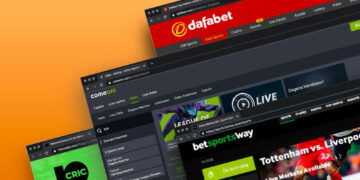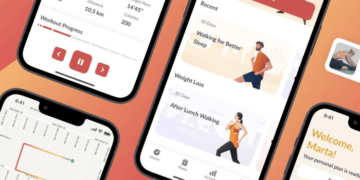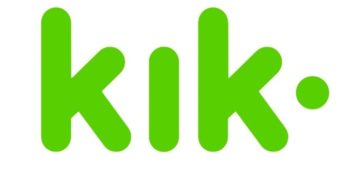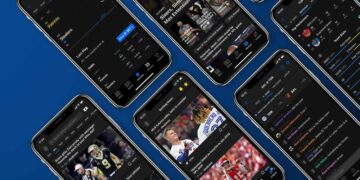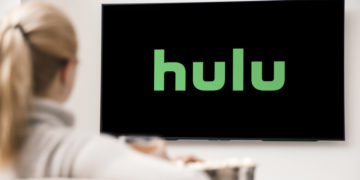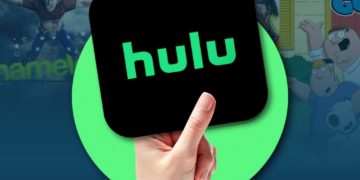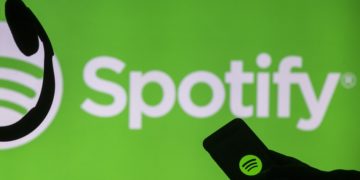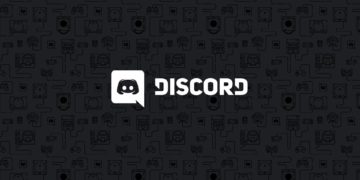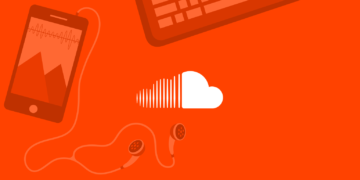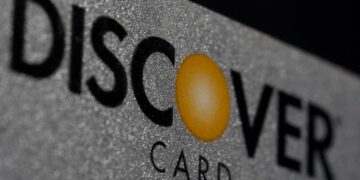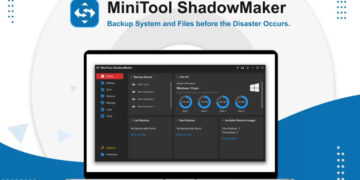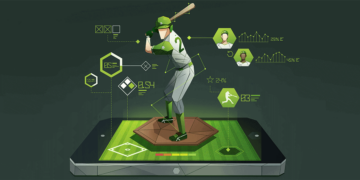The 21st century is all about the digital world. Thousands of brand-new technologies, web services, and programs have sprouted in just over two decades. We use the internet for many things, including shopping, socializing, communicating, business, and much more.
What all of these things have in common is data. More digital information is being generated online than ever before, and the numbers continue to grow. Since that became apparent, companies have been asking one question: is it legal to use this data?
Let’s dive deeper into web crawling and the legality of data you can obtain with this method.
Public Data on the Internet

If you start thinking about how much data is on the internet, you’ll probably come to a single conclusion – a lot. Tech giants like Facebook, Google, Microsoft, and Amazon alone store thousands of petabytes of information.
More and more data is being generated each day. It seems that the internet is endless, and there are no limits to its capacity. Individuals and businesses alike have started to recognize the potential of that data. They can use it for research, learning, making business decisions, and so much more.
There are many data gathering techniques today, and web crawling is one of them. But is web crawling legal, and should we use it freely? To answer this question, let’s first see what a web crawler is.
What is a Web Crawler?
A web crawler is an automated spider bot that browses the web to index websites. Search engines like Google often use web crawlers to update web content and see the information on different pages.
All of the “crawled” pages are copied for processing. Google uses this information to rank websites and penalize those that don’t follow their rules.
For example, Google has a set of rules for SEO ranking. Websites need to follow those rules to climb search engine rankings. If a crawler gathers content on a site copied from another page, Google will penalize that site. Crawlers start by going through a couple of websites to discover similar pages based on their information. Here’s a great place to get started if you want to know more.
Legal vs. Illegal data crawling
There are still many gray areas concerning internet data, and web crawling is no exception. The truth is crawling can be legal and illegal as well. No authority controls or regulates it in any way. It is a new technique that leaves room for further analysis and reviews.
On the other hand, the internet is massive, and it will take decades before we can understand the scope of crawling its positive and negative aspects. We can freely say that there are both legal and illegal practices.
What you can and can’t do
The most vital thing to remember is that crawling is legal only when crawling public data. You can’t gather and use information from private data storage or other systems that require authentication. For example, you can’t use a crawler to log into a social network and download data about other users.
It’s also crucial to follow copyright regulations when acquiring data. For example, you can crawl YouTube to see what videos are available on a particular topic, but you can’t use those videos and claim that they are yours.
Additionally, you can’t use that data for commercial purposes like posting those same videos on another platform.
Is Web Crawling Legal?

There isn’t a clear answer to this question yet. However, there are some general rules you can follow when crawling to ensure you’re in the safe zone:
- Use crawling for your own needs under fair use.
- Avoid scraping data for other individuals or companies. Your scraping efforts shouldn’t be motivated by commercial purposes.
- Use crawling to obtain information only from public sources. Check if the site has any TOS regarding scraping or crawling.
- Avoid crawling websites that use various techniques to prevent spider bots from downloading their content.
- Focus business-oriented crawling on using data to gain valuable insights to improve your organization.
- You can crawl any data that doesn’t require authentication (even from social media). Learn more about the HiQ vs. Linkedin dispute from a couple of years ago to better understand the legal boundary of data scraping.
Conclusion
Web crawling is legal, but only if you do it the right way. Obtaining information online isn’t a crime unless you are harming some individual or business. All of the publicly available data is free for everyone.
If you can see that information without any special conditions, you can probably gather it in an automated fashion. Follow the rules we’ve mentioned above, and you won’t have anything to worry about.





